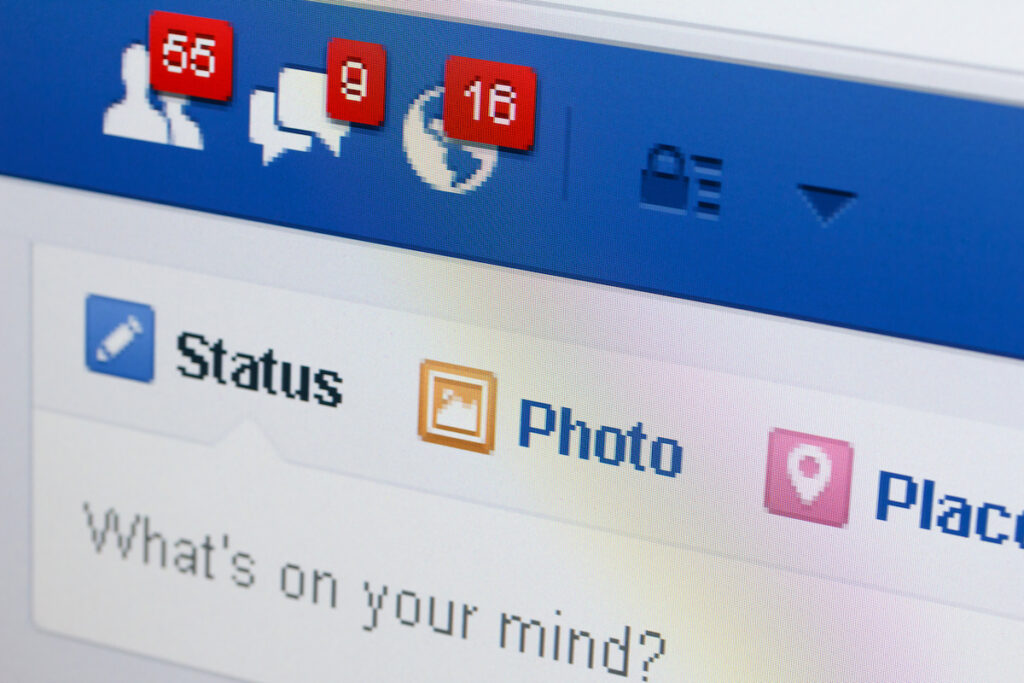Facebook, embroiled in a data scandal which has cost the company more than $100bn in market value, has announced a series of privacy changes it was making to give users more control over their data.
Ahead of the landmark European Union data protection regulation, the GDPR, coming into force in May, the social network is adding a ‘Privacy Shortcuts’ menu which will let users review what they’ve shared and delete it, as well as features enabling them to download their data and move it to another service.
“The last week showed how much more work we need to do to enforce our policies, and to help people understand how Facebook works and the choices they have over their data,” Erin Egan, its chief privacy officer, and Ashlie Beringer, deputy general counsel at Facebook, wrote in a blog post.
“So in addition to Mark’s announcements last week – cracking down on abuse of the Facebook platform, strengthening our policies, and making it easier for people to revoke apps’ ability to use your data – we’re taking additional steps in the coming weeks to put people in more control over their privacy.”
The company also said it would propose in the coming weeks updates to the social media website’s terms of service and data policy to better spell out what information it collects and how it uses it.
The company has faced a global outcry after a whistleblower said that data from millions of users was improperly harvested by consultancy Cambridge Analytica to target U.S. and British voters in close-run elections. Facebook shares are down nearly 18% 16 March, when it first acknowledged that user data had been improperly channeled to Cambridge Analytica.
From the new page, users can control the personal information the social network keeps on them, such as their political preferences or interests, and download and review a file of data Facebook has collected about them.
Facebook also will clarify what types of apps people are using and what permissions those apps have to gather their information. Several seemingly innocent apps that allow users to play games with their friends or share photos could also be quietly monitoring their posts, interactions with friends, and contacts.
People will be given a streamlined list of what each app is collecting on them, as well as the ability to delete the apps.
